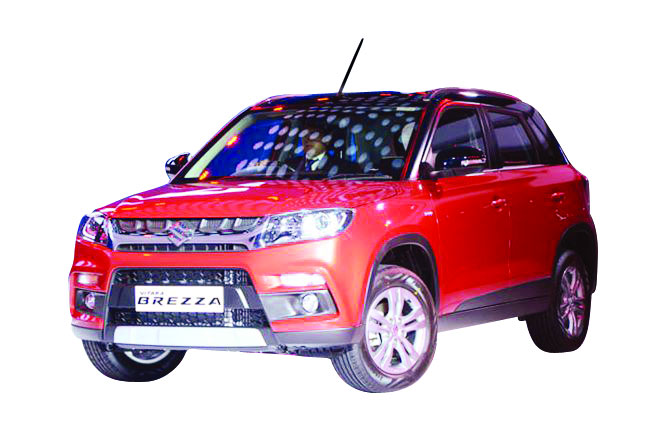We are told that diesel is dirty but does the heavy fuel just have an image crisisij Because when it comes to fuel economy, you just can’t argue
Make no mistakes, I’m a petrolhead. And part of the job of being a petrolhead is loving big-engined petrol cars with a lot of power and noise. And not so long ago, part of the job was to dislike any car powered by the devil’s fuel “diesel.” But modern diesels have come such a long, long way. Not only are they more powerful, standard two-litre diesel engines available in cars and SUVs on the market right now produce upwards of 190 horsepower. Diesels are also cleaner than ever before and if you have heard them, they don’t clatter and moan like diesel engines of yore. And let us be honest, modern diesel engines are insanely economical.
Yet, there is no doubt that diesel engines and the fuel have an image problem. There are two major causes for this, the old history of black smoke belching diesel engines being one. Even though manufacturers managed to partially change that image, the fact is the fateful ‘Dieselgate’ episode changed all that. To give a small recap of what happened in that episode, it came to pass that Volkswagen group cars were using a “cheat code” in their software that ensured their engines burned cleaner when the sensors sensed they were on a test-bench. In the aftermath of the episode, Volkswagen Group’s top management have been removed, some are even in jail and the company has paid huge fines. It has also emerged that other carmakers also cheated in emissions tests. Because that additional power came at a price.
But here is the funny thing, modern particulate filters trap the really noxious particulate matter in diesel engines and when it comes to carbon emissions, diesel variants are actually still better than petrol engines by virtue of their sheer fuel economy. Yes, diesels do emit higher levels of Nitrogen Oxides (NOX) and sulphurous gases, much higher levels than petrol cars, but different places have different pollution issues, and India’s is not currently a NOX problem. When it comes to sulphur pollution, India needs to deal with its coal-based power plants first. India’s main problem when it comes to vehicular pollution right now is a carbon problem.
Over the past few months I have been driving a Vitara Brezza with the Suzuki 1.3-litre DDiS engine and it returned, in the city, on average more than 16 km per litre. I drove an Audi A4 on the highway up to Kasauli and returned with 15 km per litre.
Make no mistake, I love petrol-powered cars, but the fact is that I would never get this sort of fuel economy numbers on a petrol car. Nowhere close to these numbers. Sure, I didn’t drive in a tearing rush, I drive for economy and fast enough. And the fact is that such economy numbers mean that these cars emitted much less carbon into the atmosphere than equivalent petrol cars. Sure, the Range Rover Velar with a petrol motor that I also drove recently is much more fun, but the fact is that you cannot argue with the numbers.
The image problem of diesel and the fact that until not so long ago some Indian manufacturers did not have particularly clean diesel motors is something that those pining against diesel have used. And yes, surely some judges have seen poorly maintained diesels emit tons of black smoke into the atmosphere.
However, the weird thing about the shift to Bharat Stage 6 in diesel cars will mean that they will actually become less efficient. Older Bharat Stage 4 engines will burn a bit more fuel given the much lower concentration of sulphur and newer engines will need to burn more given the way they are designed with the ‘AdBlue’ system and all. Indeed, conforming to Bharat Stage 6 will make smaller diesel engines almost unviable because of the additional costs of conforming to BS6. But because they will burn more fuel, you will actually see carbon emissions go up. Surely car manufacturers will adapt to the new emissions and improve emissions going forward, but this irony is lost on few in the automotive industry. If you drive shorter distances or if you are the type who likes having a bit of fun, petrol cars are so much better. The additional costs of BS6 will skew sales numbers even on luxury cars more towards petrol, which the ridiculous 10-year sales rule already does in the capital.
There is little doubt that we are moving towards alternative sources of energy for mobility and that we must look at urban and inter-city mobility differently. But damning diesel is not the answer.


























